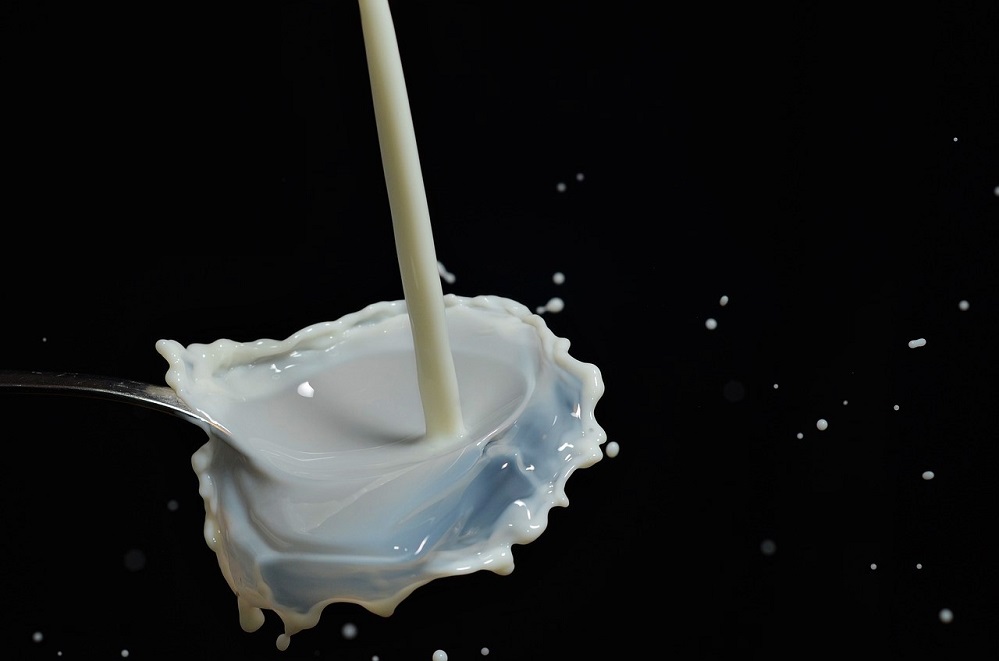After cultured meat and fish, artificial milk is coming

Milk, which already has many plant alternatives thanks to the vegan lobby, is now faced with another artificial substitute trying to replace it. Indeed, synthetic milk seems well on its way, even ahead of synthetic meat or fish production. Many will have heard of cultured meat and fish, but now we have lab-grown milk produced without cows, goats or sheep. Israel has become of the first countries worldwide to sell artificial dairy products.
Israeli alternative dairy pioneer Remilk is a food-tech startup founded in 2019, aiming to build the world’s largest precision fermentation facility to produce “animal-free dairy” in Denmark (now paused). The Israel Ministry of Health has allowed the Remilk company, which is already producing on an industrial scale in various areas worldwide, to sell its lab-grown dairy products to the public. The process of inserting the milk protein gene into bioreactors for accelerated growth is similar to that used for almost all cell-based foods.
In practice, the method uses yeast from the brewing and baking industry to ferment chemically identical milk proteins that manufacturers can turn into milk, cheese, and yoghurt. But many, many doubts remain about such synthetic food. Farmers and other food-chain actors are doubtful that such products can be considered food as they are engineered products with manufacturing processes much more similar to those of pharmaceuticals, and in this context, they must be evaluated.
Because of concerns raised about the novel products, FAO recently published a synthesis document about the risks of cell-based foods, with 53 potential hazards identified for human health. Among these risks, the use of growth factors such as hormones, genetic drift, and the proliferation of carcinogenic cells are of major concern. In its conclusions, FAO advises further investigation with more in-depth studies to establish a system to assure safety of cell-based food products and understand whether the alleged benefits in increased sustainability can be realised.
Concerns about synthetic foods are not only for human health but also for economic reasons. The business is in the hands of four or five multinationals, a few influential people worldwide who can change people’s lives and the environment, proposing homologation and putting economic and food democracy at risk. The EU, with its farmers, the excellent know-how of the food processing industry, the quality of its products, and its model of sustainability seen as an example worldwide continues to promote healthy and natural food production. It is necessary to work with the Governments to safeguard European agri-food production with its high-quality standards from those who think it is possible to endanger consumers’ health for profit. It is also necessary to scientifically investigate the real environmental impact of these artificial lab-grown foods, as according to new studies, they are not as environmentally friendly as they claim. For example, for cultured meat, CO2 emissions go from a minimum of 246 to a maximum of 1,508 CO2e per kg of product, 4 to 22 times greater than the median of the data obtainable in the literature. Knowing that the environmental impact of lab-grown food is greater than that of conventional systems is an important conclusion that leads to reflection, given that the investments have been specifically allocated to this sector with the assumption that this product will be more sustainable than natural food. Moreover, replacing the link between the food we eat and the land with a laboratory process is a very serious matter, leading many people to reflect on whether this is really the food (and the future) we want.